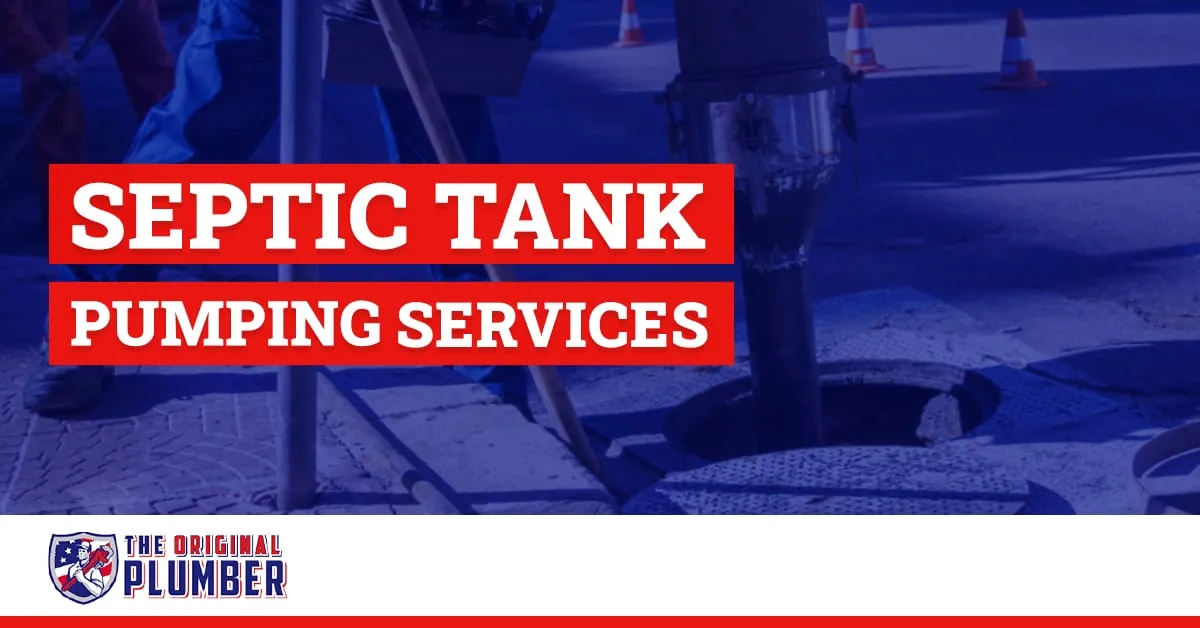Septic Tank Pumping and Local Regulations: Navigating Legal Requirements
- 1291 Views
- Nicholas Éric
- February 3, 2024
- Home Improvement
Septic systems are essential for wastewater treatment in areas without access to municipal sewage services. These systems rely on septic tanks to separate, treat, and dispose of household wastewater. Proper maintenance is crucial to ensure the effective and efficient operation of septic systems. When it comes to septic tank pumping, homeowners must navigate a complex landscape of local regulations and legal requirements that dictate when and how often this essential maintenance task should be performed. In this article, we will explore the role of local regulations in septic tank pumping, the importance of compliance, and tips for homeowners to navigate legal requirements successfully.
Understanding Local Regulations
Local regulations regarding septic tank pumping are established by municipal or county authorities and can vary significantly from one area to another. These regulations are designed to protect public health, the environment, and groundwater quality by ensuring that septic systems are properly maintained. Key aspects of local regulations related to septic tank pumping may include:
- Pumping Frequency: Regulations often specify how frequently septic tanks must be pumped. This frequency is typically determined based on factors such as tank size, household size, and system capacity.
- Licensing and Certification: Some areas require septic service providers to be licensed or certified to perform septic tank pumping. This ensures that the work is conducted by qualified professionals.
- Inspection Requirements: Regulations may mandate periodic inspections of septic systems to assess their condition and determine if pumping is needed. Inspections may be required during property transfers or at regular intervals.
- Record-Keeping: Homeowners and septic service providers may be required to maintain records of pump-outs and inspections. These records can demonstrate compliance with local regulations.
- Reporting: In some cases, homeowners may be required to report septic tank pumping activities to local authorities, providing details such as date, location, and volume of waste removed.
- Fines and Penalties: Non-compliance with local regulations can result in fines, penalties, or legal consequences. These measures are in place to encourage adherence to septic system maintenance requirements.
Importance of Compliance
Complying with local regulations regarding septic tank pumping is essential for several reasons:
- Environmental Protection: Proper maintenance of septic systems, including regular pump-outs, prevents untreated or inadequately treated wastewater from contaminating groundwater and surface water. Compliance helps protect the environment and water quality.
- Public Health: Septic system overflows and failures can introduce harmful pathogens and contaminants into the environment, posing health risks to residents and neighbors. Compliance reduces these risks.
- System Efficiency: Adhering to pumping frequency recommendations ensures that septic tanks can efficiently separate solids from effluent, allowing for proper treatment before effluent is dispersed into the drainfield.
- Long-Term Cost Savings: Regular septic tank pumping and compliance with local regulations can help extend the lifespan of septic systems. Neglected systems are more prone to damage and require costly repairs or replacements.
- Legal Consequences: Non-compliance with local regulations can lead to fines, penalties, or legal action, causing financial and legal issues for homeowners.
Navigating Legal Requirements
Navigating legal requirements related to septic tank pumping can be a straightforward process when homeowners take a proactive approach and follow these tips:
Know Your Local Regulations:
-
- Research and familiarize yourself with the specific septic tank pumping regulations in your area. Local authorities or health departments often provide this information on their websites or through pamphlets.
Consult Local Authorities:
-
- If you have questions or need clarification about local regulations, don’t hesitate to reach out to your local health department or relevant municipal office. They can provide guidance and answer your queries.
Keep Records:
-
- Maintain records of all septic tank pump-outs and inspections. Document the date, location, volume of waste removed, and the service provider’s details. These records can demonstrate compliance with local regulations.
Hire Licensed Professionals:
-
- When scheduling septic tank pumping, ensure that you hire licensed and certified septic service providers. This ensures that the work is conducted by qualified professionals who understand and adhere to local regulations.
Follow Recommended Pumping Schedules:
-
- Adhere to the recommended septic tank pumping schedule based on factors such as tank size, household size, and usage patterns. Compliance with these guidelines helps prevent non-compliance issues.
Be Prepared for Inspections:
-
- If your local regulations require periodic inspections, be prepared to have your septic system assessed. Engage a qualified professional to conduct the inspection and address any identified issues promptly.
Report as Necessary:
-
- If reporting septic tank pumping activities is required in your area, ensure that you provide the necessary information to local authorities accurately and on time.
Educate Yourself:
-
- Stay informed about any updates or changes to local regulations regarding septic systems and septic tank pumping. Being aware of current requirements is essential for compliance.
Conclusion
Complying with local regulations related to septic tank pumping is a fundamental responsibility for homeowners with septic systems. These regulations are in place to protect public health, the environment, and groundwater quality by ensuring that septic systems are properly maintained. Adhering to pumping frequency recommendations, using licensed professionals, keeping accurate records, and understanding local requirements are key steps in navigating legal requirements successfully. By doing so, homeowners can contribute to a cleaner environment, protect their investments, and avoid legal consequences associated with non-compliance.





